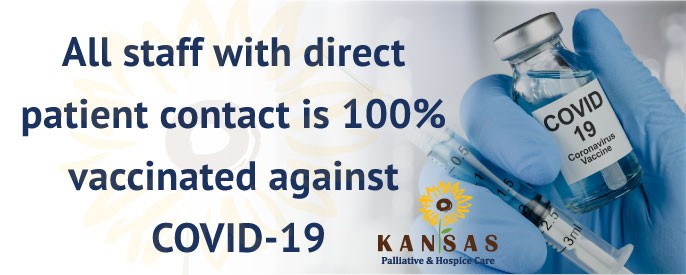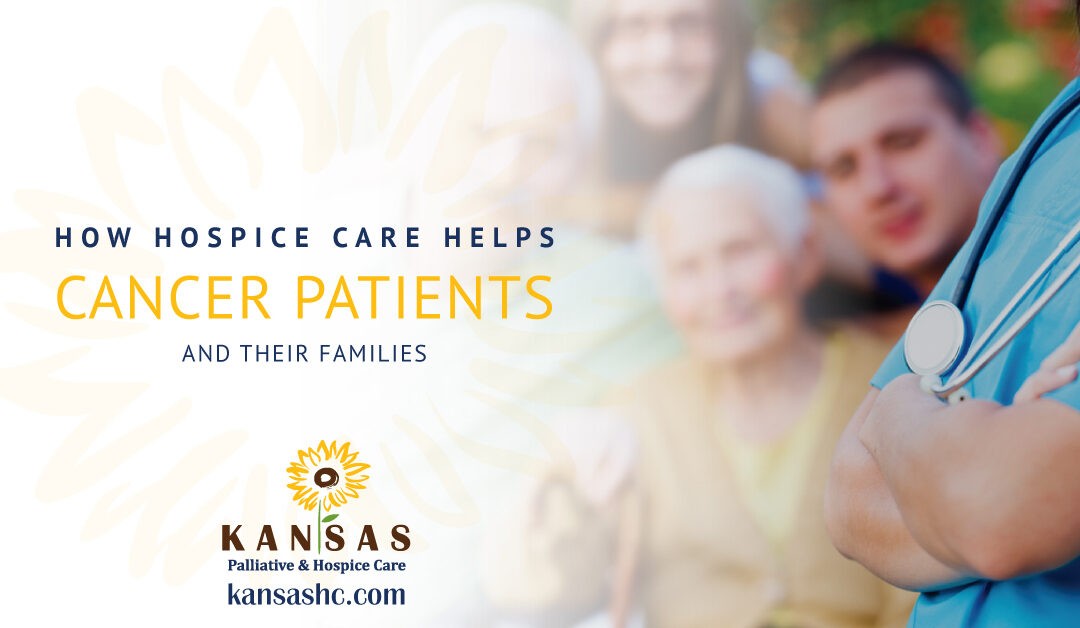A cancer diagnosis is a life-altering diagnosis and one that often comes with a lot of uncertainty and anxiety — for both the patient and their loved ones. Hospice care is a special kind of care that helps thousands of cancer patients and their families each year as they navigate the advanced and life-limiting stages of cancer.
Why Hospice?
Hospice care aims to provide compassionate care for patients in the last phases of incurable diseases, including all kinds of cancer, to allow them to live their last days as fully and comfortably as possible.
Hospice care treats the patient and their symptoms, not the disease. This results in much more comfort for the patient without the need to take large amounts of medications and deal with the side effects they bring. Patients are able to live their last days with dignity and quality, surrounded by their loved ones.
What Does Hospice Care Provide?
In general, you can expect the following services to be offered by hospice care:
- Hospice and palliative care/symptom control: Palliative care focuses on treating the symptoms and side effects of cancer rather than the cancer itself. It allows patients and their loved ones to see an array of treatment options and make informed decisions on the care the patient wants. This includes managing cancer’s mental, physical, social, and spiritual side effects.
- Home care/inpatient care: Hospice care often takes place at the patient’s home. But, there are some circumstances where they may need to be in a hospital, extended care, or hospice facility.
- Spiritual care: Everyone has unique spiritual and religious needs, and hospice care aims to meet them individually. This includes meeting with chaplains and religious leaders to talk about death, prepare to say goodbye, and even help with religious ceremonies or rituals.
- Family meetings: Regular meetings led by a hospice care worker keep family members informed of the process, the patient’s condition, and what to expect.
- Coordination of care: The hospice team coordinates and supervises all care around the clock and ensures all parts of the care team are kept up-to-date, including doctors, pharmacists, clergy, etc.
- Bereavement care: Hospice includes consideration for the whole family. Once the patient passes, the hospice team works with their loved ones to help them navigate the grieving process and set up funeral arrangements.
Ready to take the next step and learn more about hospice care? Contact us today.



